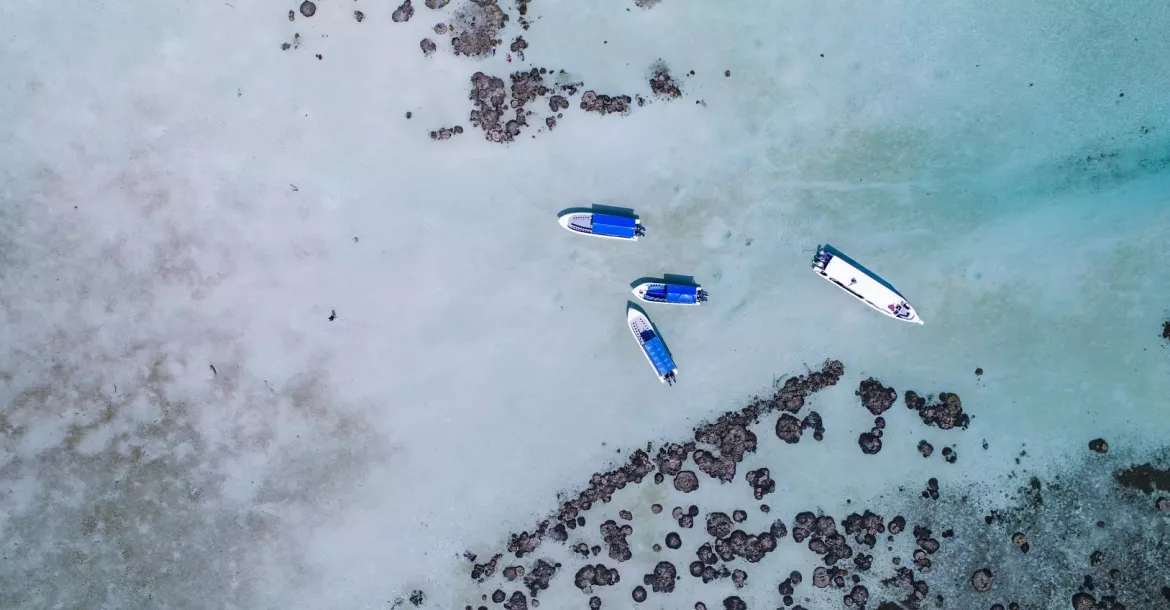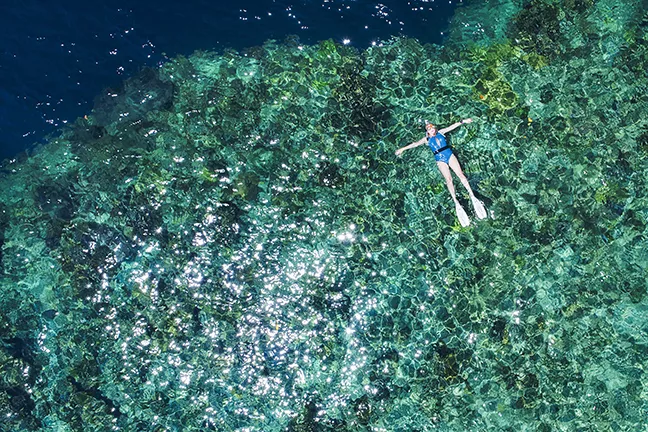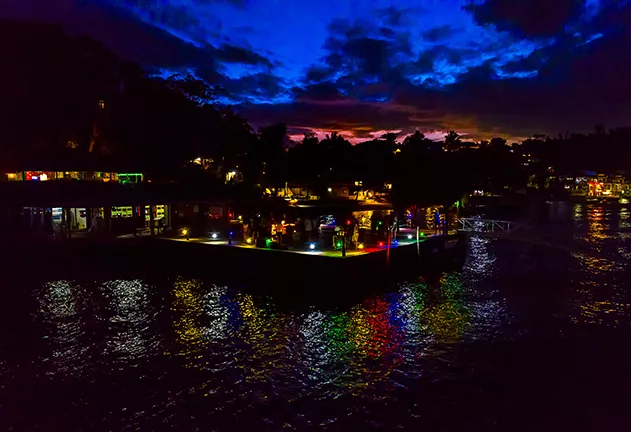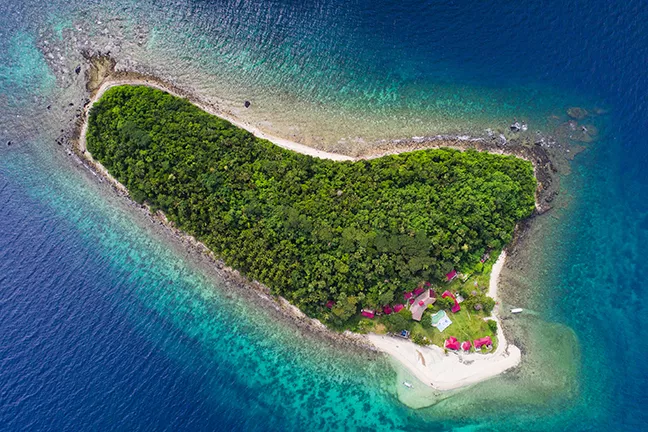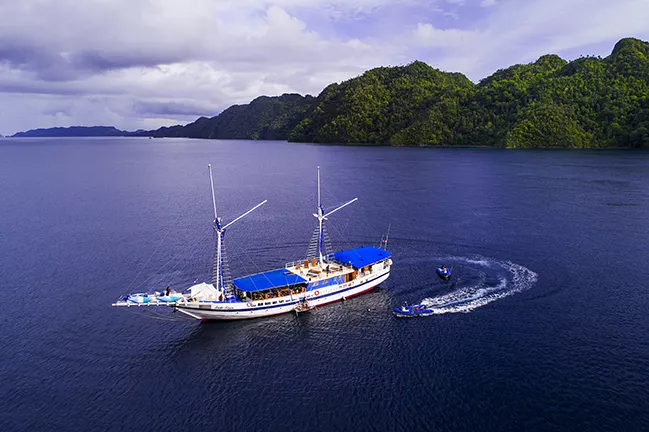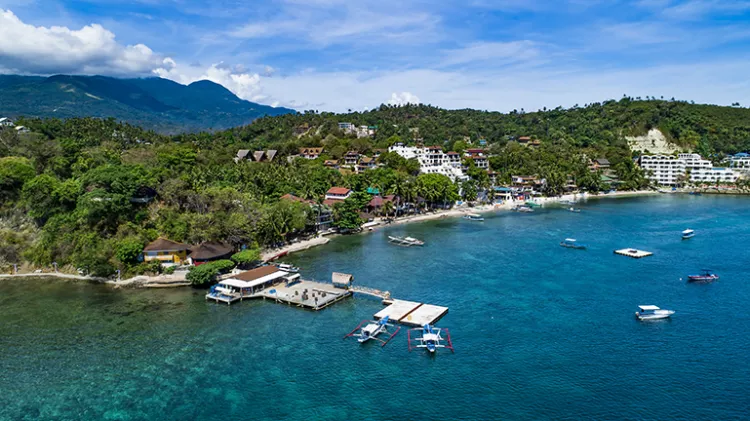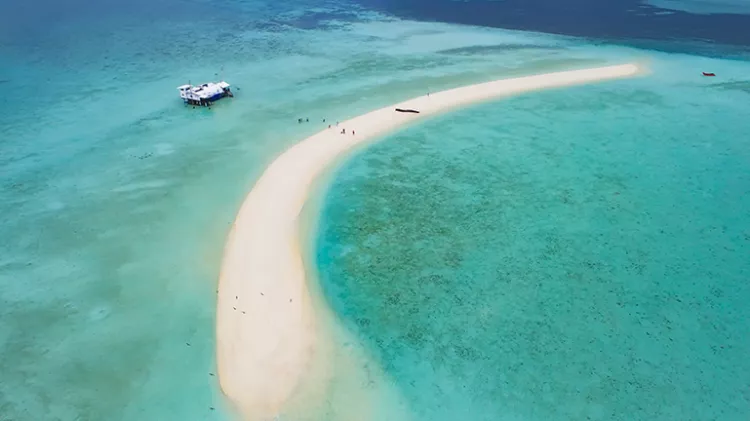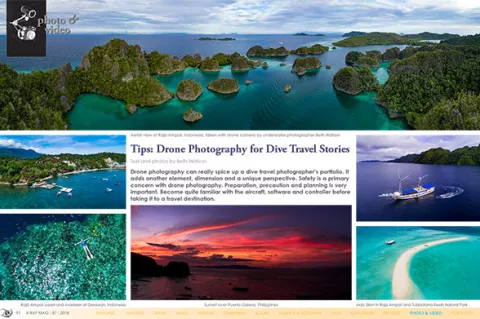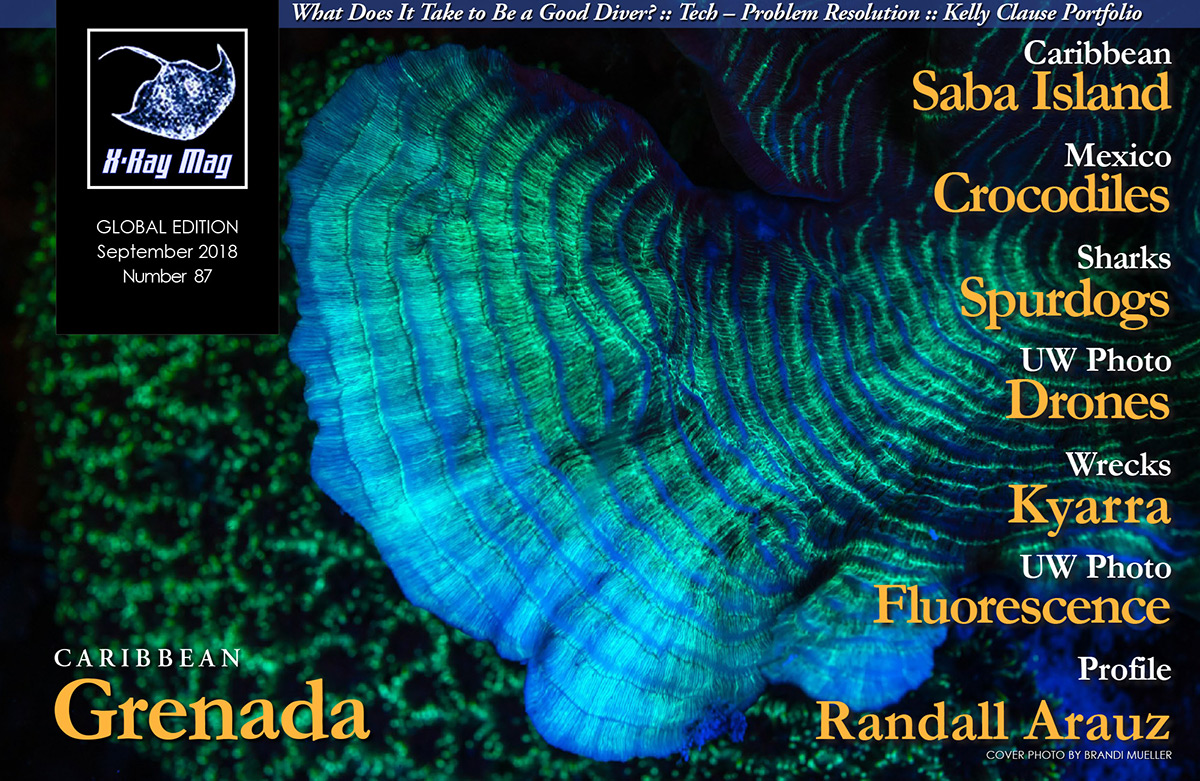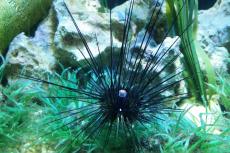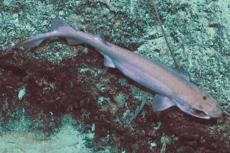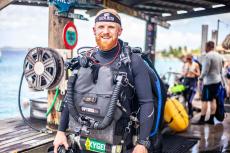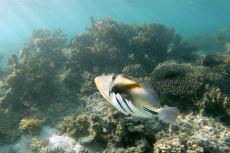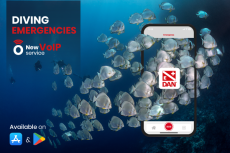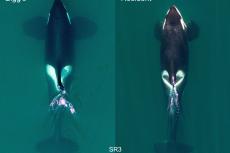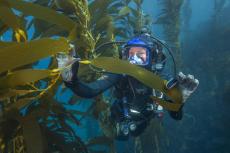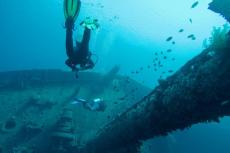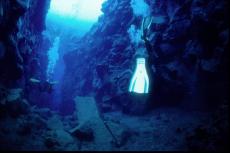Drone photography can really spice up a dive travel photographer’s portfolio. It adds another element, dimension and a unique perspective. Safety is a primary concern with drone photography. Preparation, precaution and planning is very important. Become quite familiar with the aircraft, software and controller before taking it to a travel destination.
Contributed by
Factfile
Beth Watson is an international, multi-award-winning photographer, a judge for international photo competitions, and invited guest speaker at dive exhibitions.
Her images have been published in books, magazines, newspapers, brochures, websites and selected for juried art exhibitions.
For more information, visit: BethWatsonImages.com.
Tips
- Plan your still shots as well as video clips. Think ahead. Avoid shooting random images and video clips.
- Capture still images in DNG or RAW format if your system allows.
- Use the grid overlay in the drone app to line up horizons and aide in composing the image.
Local regulations
Research the rules and regulations of drone usage in the country or municipality you plan to fly. For example, in Tubbataha Natural Marine Park, Philippines, the park requires drone operators to apply for a permit to fly a drone at least two weeks prior to visiting the marine park.
Transporting drones
Drones come in many shapes and sizes. Some are very lightweight and compact making traveling with them fairly easy. However, larger drones can be quite challenging to transport.
All drone batteries should be taken out of the aircraft and placed into carry-on luggage. Drone batteries are not allowed in the cargo hold of any aircraft.
Gear and accessories
DJI Phantom 4 Pro
DJI controller
Battery charger/cables
3 batteries
Hardshell backpack
Sun shade hood
iPad

